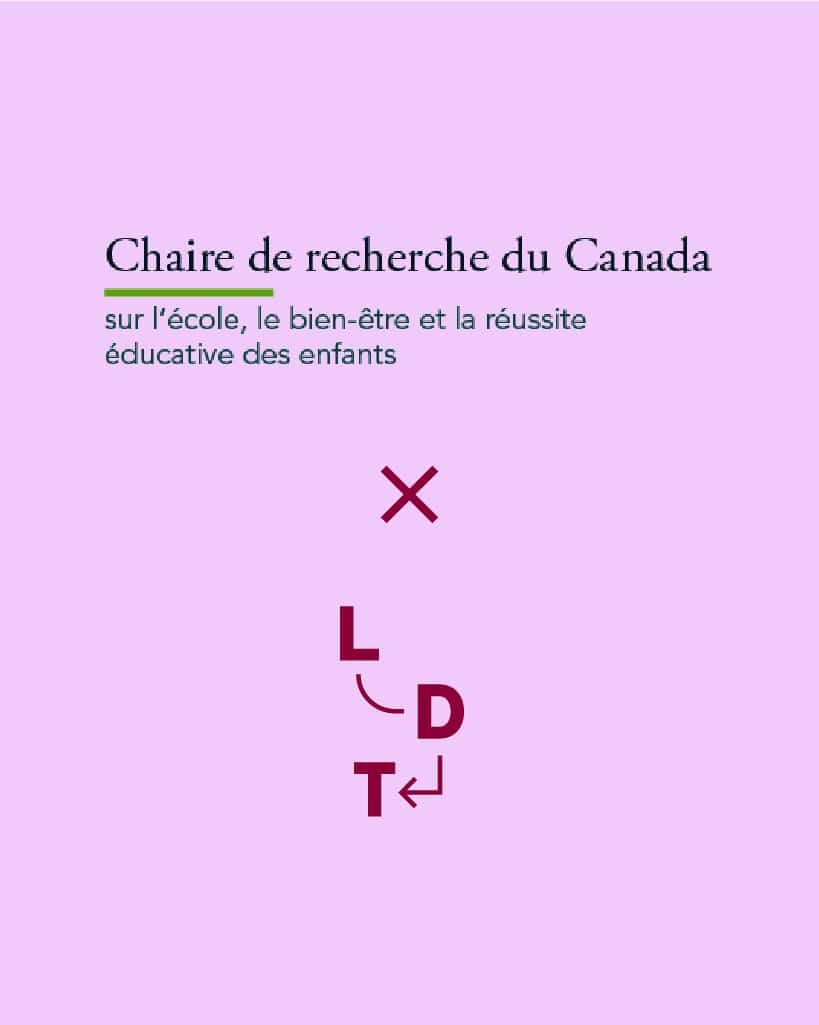
For almost three years, The 6th period has been deployed across Québec with the mission of supporting the development of attitudes and skills that foster educational success through a turnkey extracurricular program that combines art and sports. With this program, the LDT Foundation seeks to enhance the offer of extracurricular activities by encouraging positive results among children and responding to the needs of schools and parents.
As it has always been passionate about helping young people flourish, the LDT Foundation is starting a promising research project with Isabelle Archambault, professor in the School of Psychoeducation at the Université de Montréal and holder of the Canada Research Chair in School, Youth Well-Being, and Educational Success. The objective: to evaluate the implementation and effects of The 6th period so that the benefits to children can be measured and the impact amplified.
“There are few extracurricular programs combining art and sports, and those that do exist have never been scientifically evaluated. Our study is, in this regard, very innovative. It will enable us not only to assess the activities used in The 6th period and examine the key components of the program but also to establish how the program may potentially support children’s positive development.” – Isabelle Archambault, holder of the Canada Research Chair in School, Youth Well-Being, and Educational Success
The evaluation plan
Six elementary schools with different profiles in five Québec regions will participate in the research project. In each school, dozens of young people, whether or not they are registered for The 6th period, have generously agreed to share their experience.
In addition to evaluating the different implementation factors for The 6th period (human resources, frequency, duration, quality of animations, running of a typical session, and so on), the research project will probe potential positive effects at the level of attitudes and skills – specifically, students’ engagement in the task, their self-discovery, their self-esteem, their cooperation with peers, and their adherence to goals focused on mastery.
Collection of quantitative and qualitative data from students and staff members will begin in 2024. Submission of the final preliminary evaluation report is planned for winter 2025.
“We’re enthusiastic about the idea of sharing the results of this research project with our community as a whole. Because educational success is achieved through teamwork, we’re privileged to be collaborating with Isabelle Archambault and her team, and to open the discussion with teaching staff and students. It is important for us to properly understand the current situation and the evolution of needs in order to continue our action and to intervene where we can have the greatest impact.” – Audrey McKinnon, Executive Director, Laurent Duvernay-Tardif Foundation